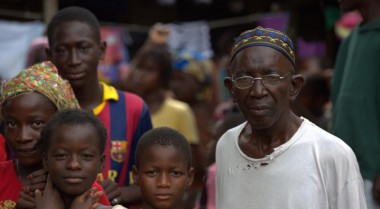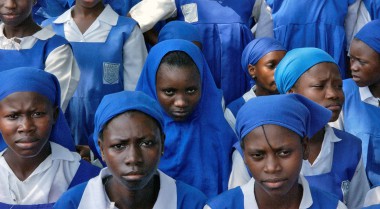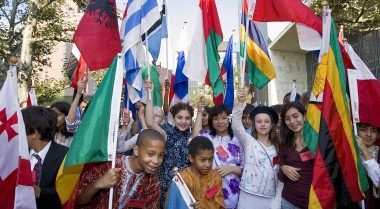
Safeguarding Inclusivity and the Role of Civil Society in Conflict Affected States: Lessons from the New Deal for SDG Implementation
The principle of inclusivity is vital to delivering the new Sustainable Development Goals (SDGs) in societies affected by conflict and fragility. Where state-society relations are weak and where state institutions lack capacity, the meaningful involvement of civil society holds a pivotal key to ensuring whole-of-society ownership and implementation of the new global goals, particularly where the building of peaceful societies is centerfold. Yet while a consensus around the need for greater inclusivity in the design and implementation of policy has risen in recent years, there are unique challenges in contexts affected by conflict and fragility. This paradox lies at the heart of the SDG implementation challenge.
This room document serves as a context setting paper for the World Bank Fragility, Violence and Conflict Forum 2016 session on these issues. The session provides a space for reflection on these issues and on lessons from the experience of the New Deal for Engagement in Fragile States – a major policy process involving states affected by conflict and fragility (the group of g7+), international partners and civil society.
In setting a reflective context for this session, this room document 1) reviews evidence around why inclusivity matters, particularly in countries emerging from conflict and fragility, 2) reflects upon the debates around the nature and role of civil society and the particular challenges faced in these contexts, 3) examines lessons around the role of civil society in the New Deal process to date, and, 4) considers potential entry points for ensuring meaningful inclusion of civil society in the effective implementation of Agenda 2030. The document draws upon the lessons that have emerged through the New Deal implementation process, a workshop held in Helsinki, Finland in June 2015, and on related scholarship.



